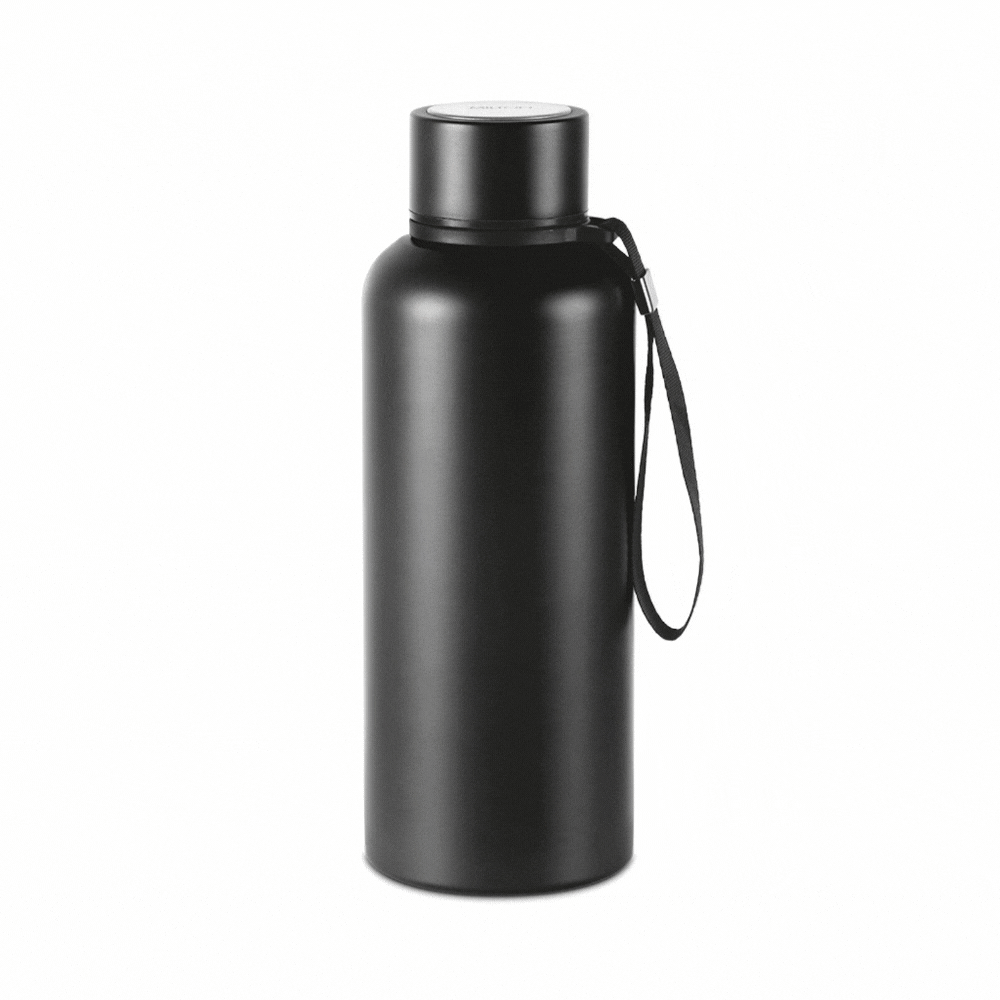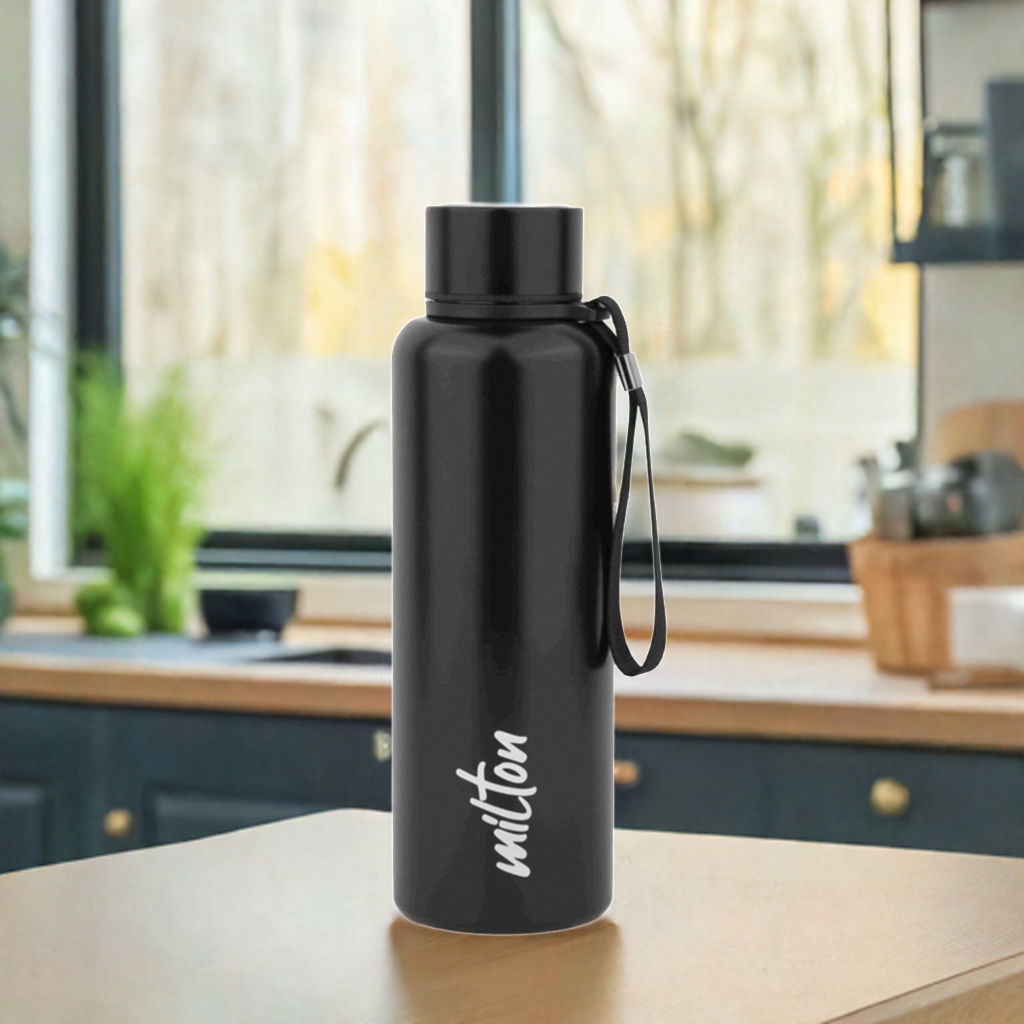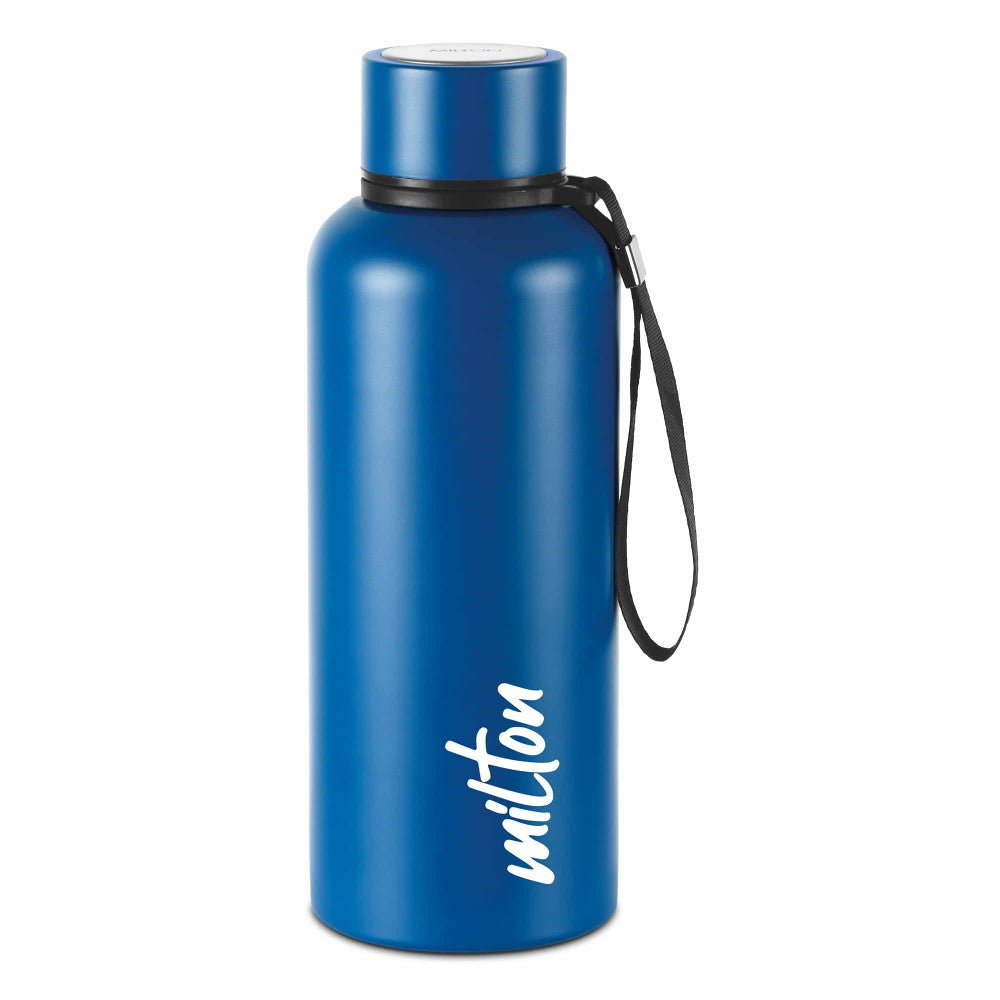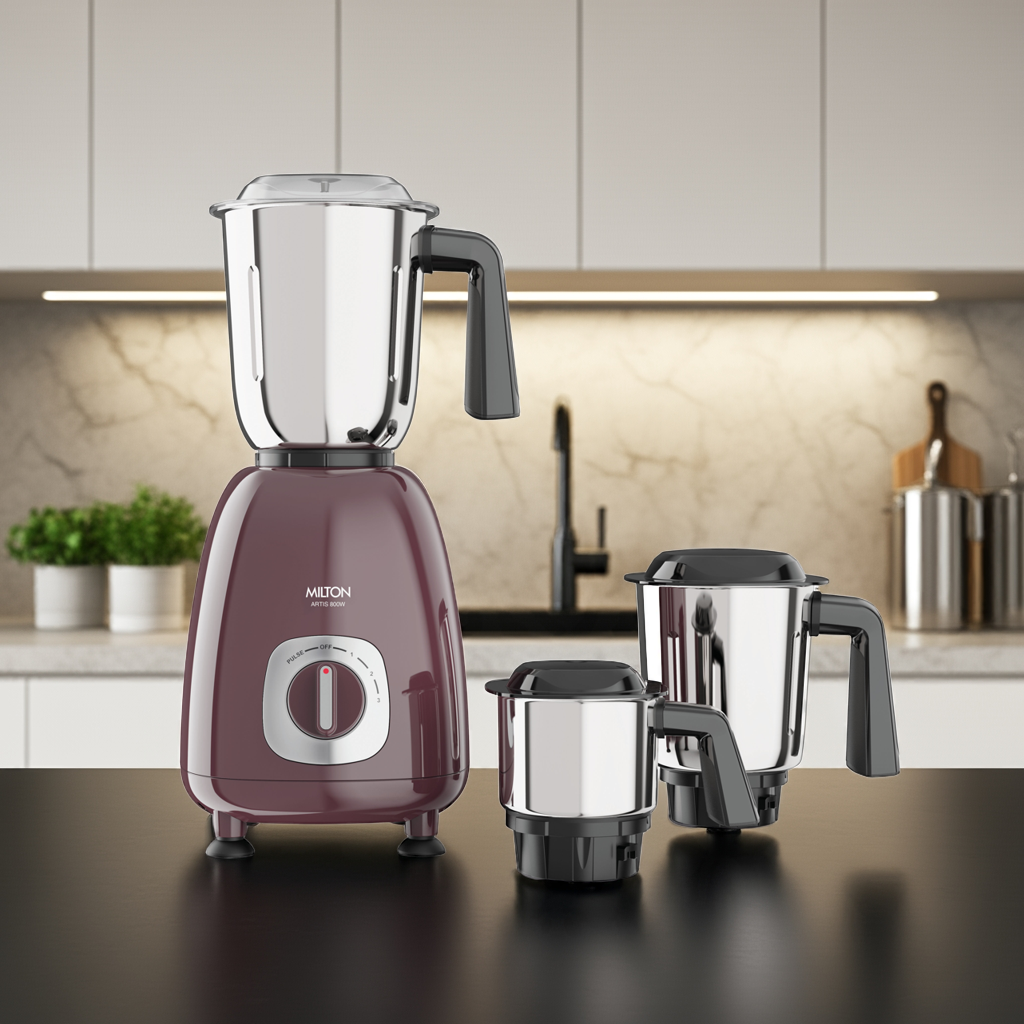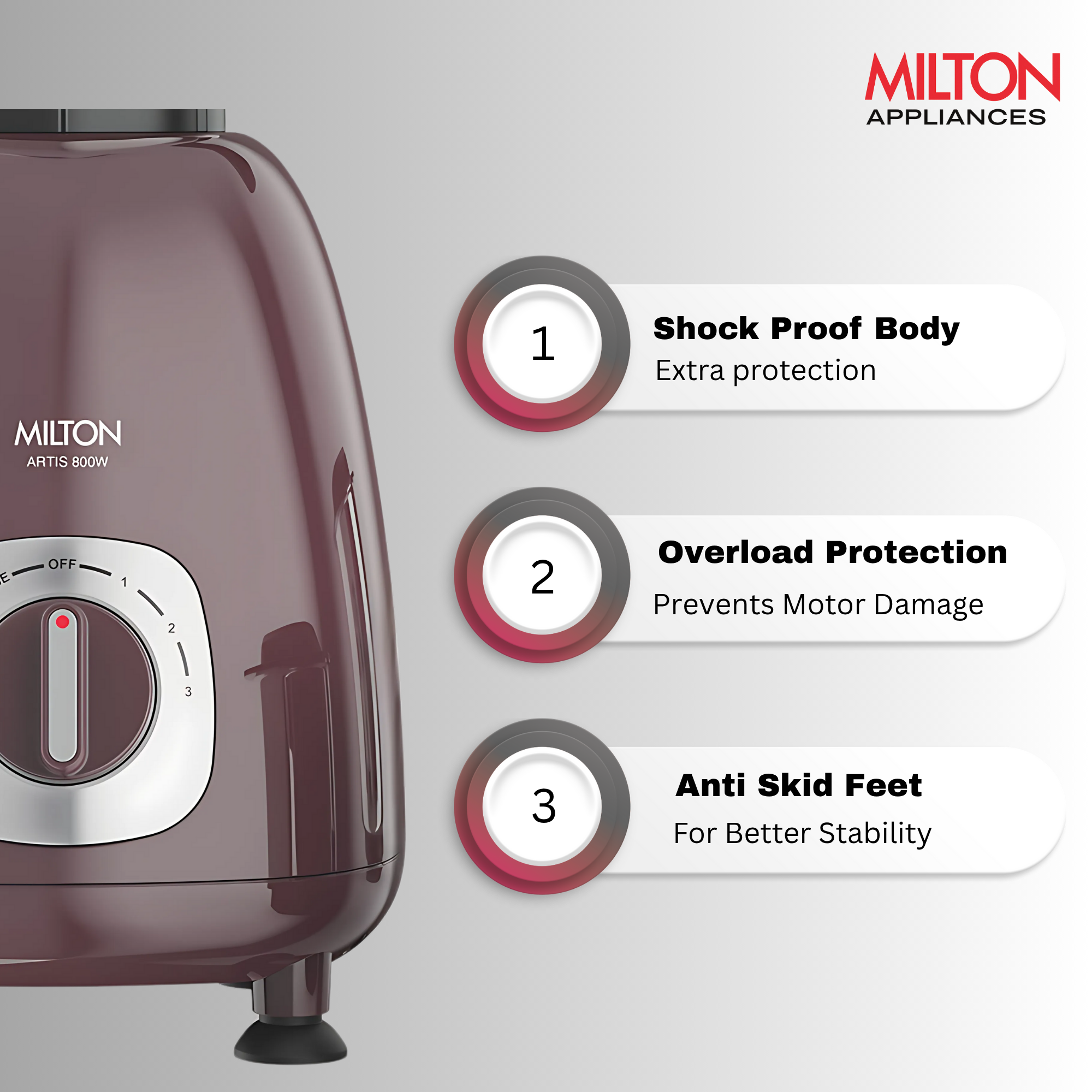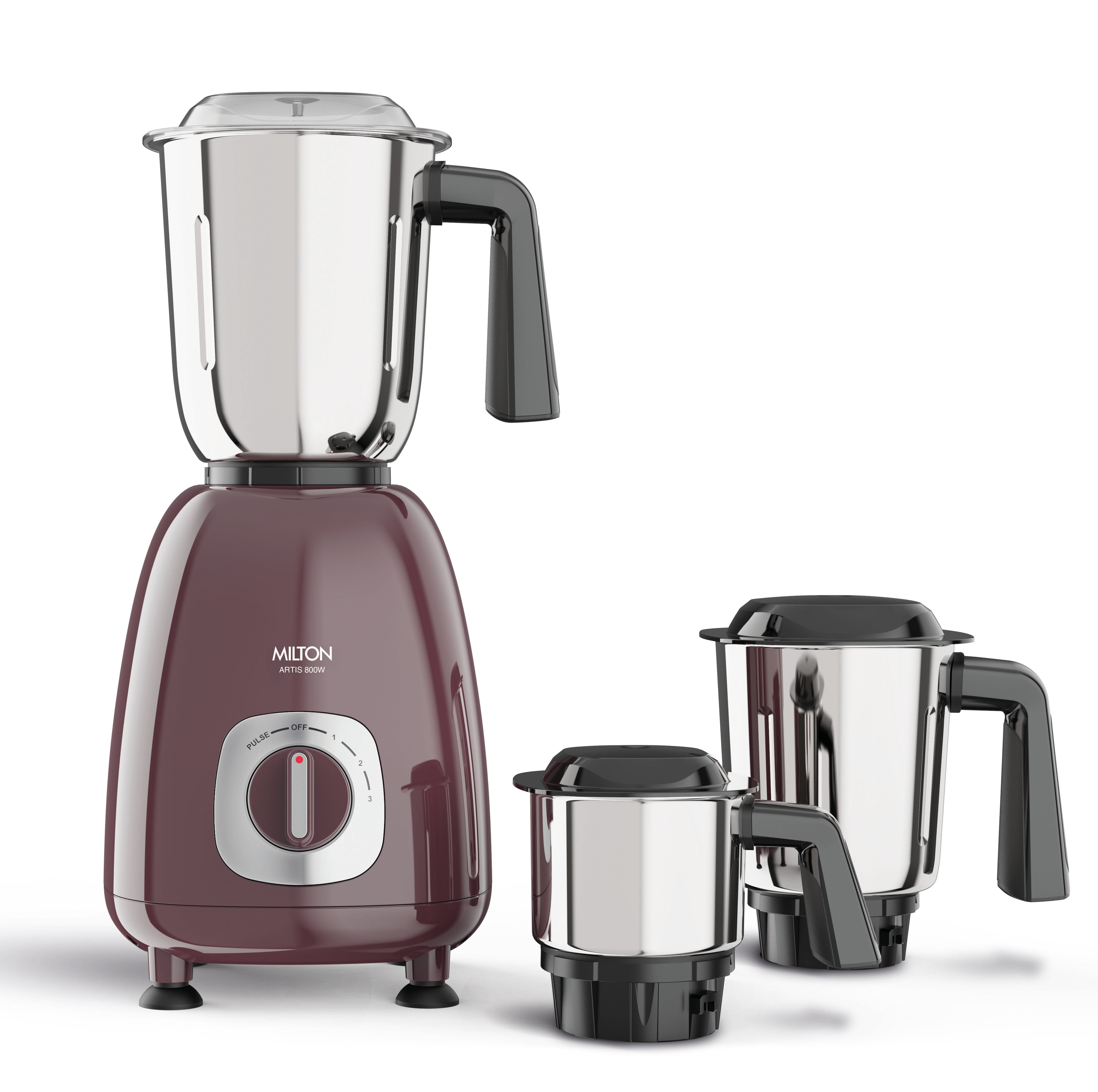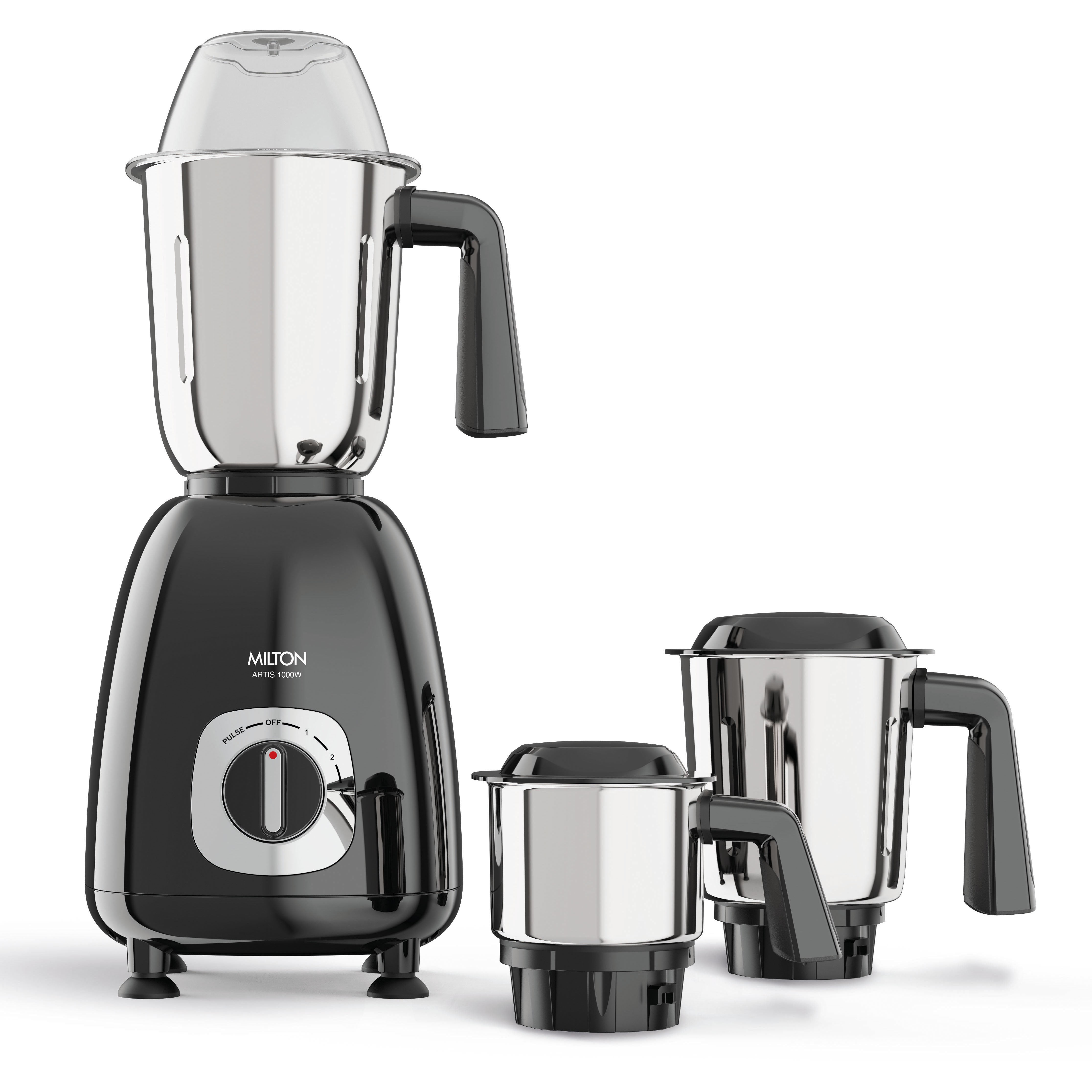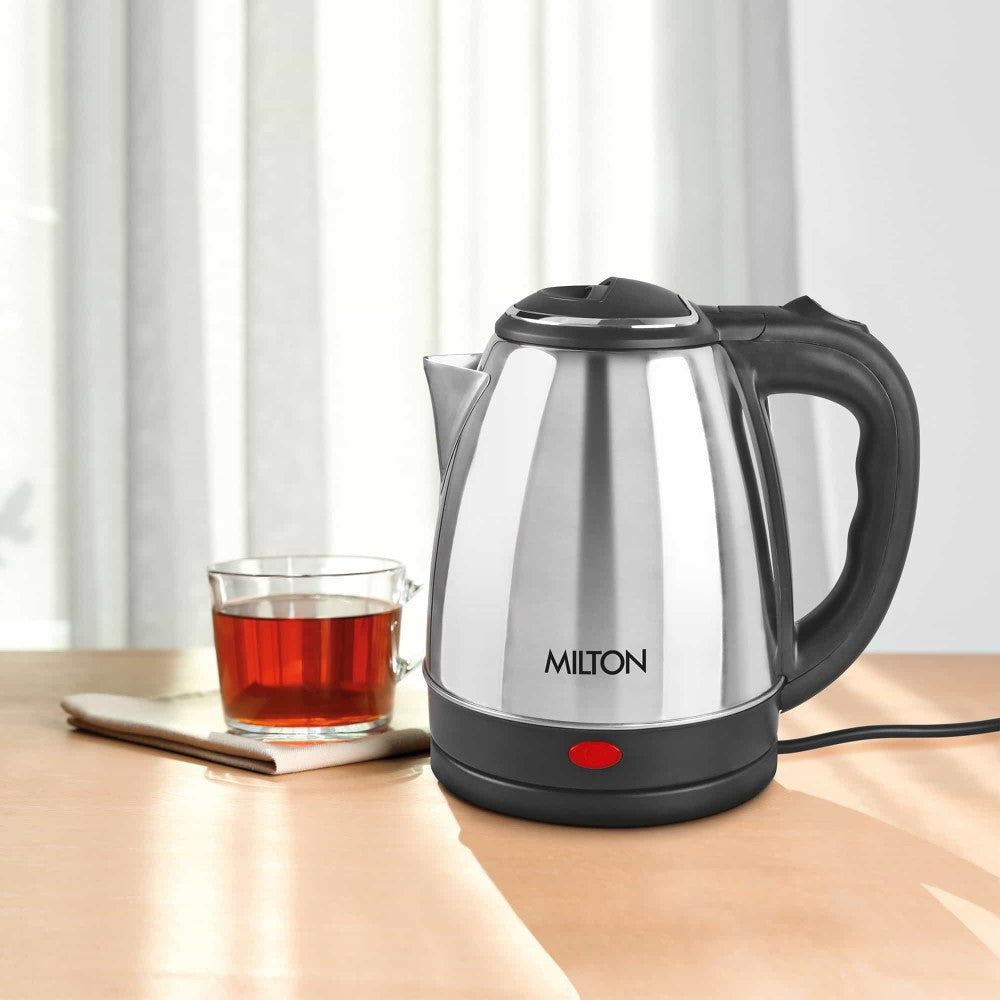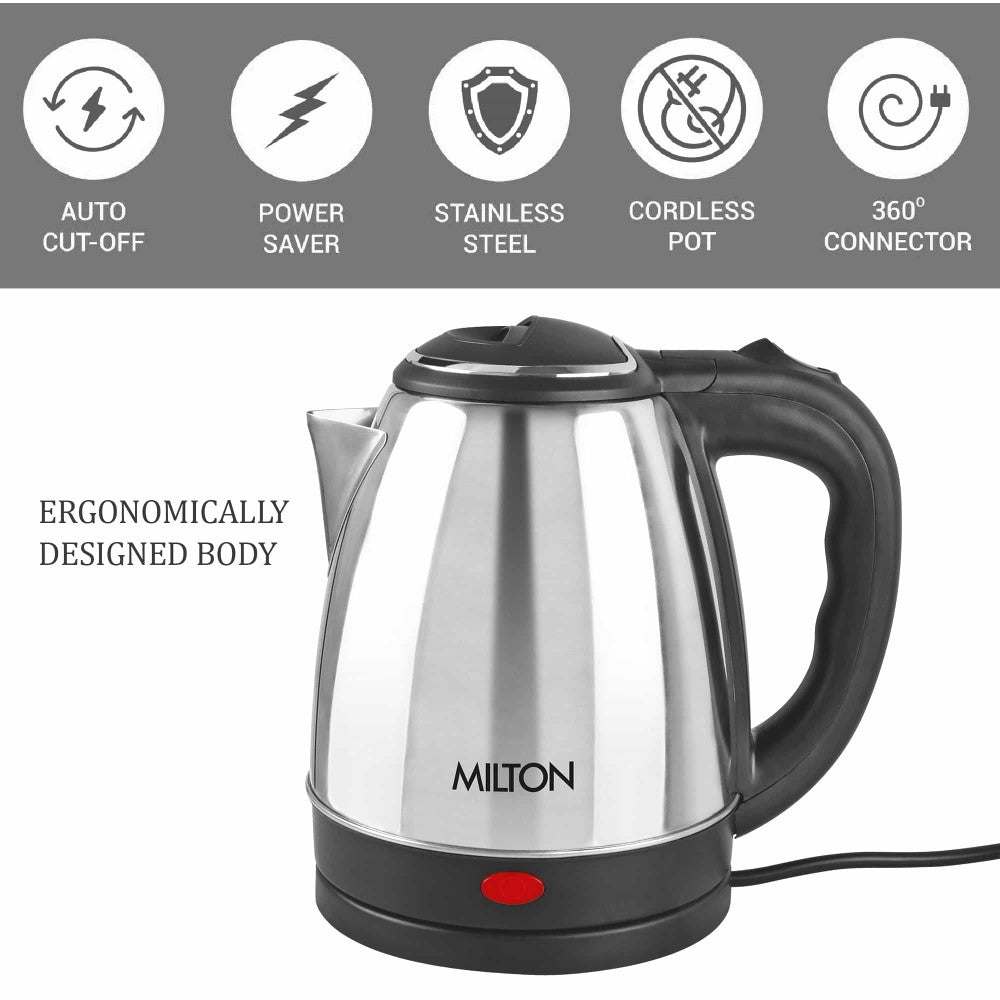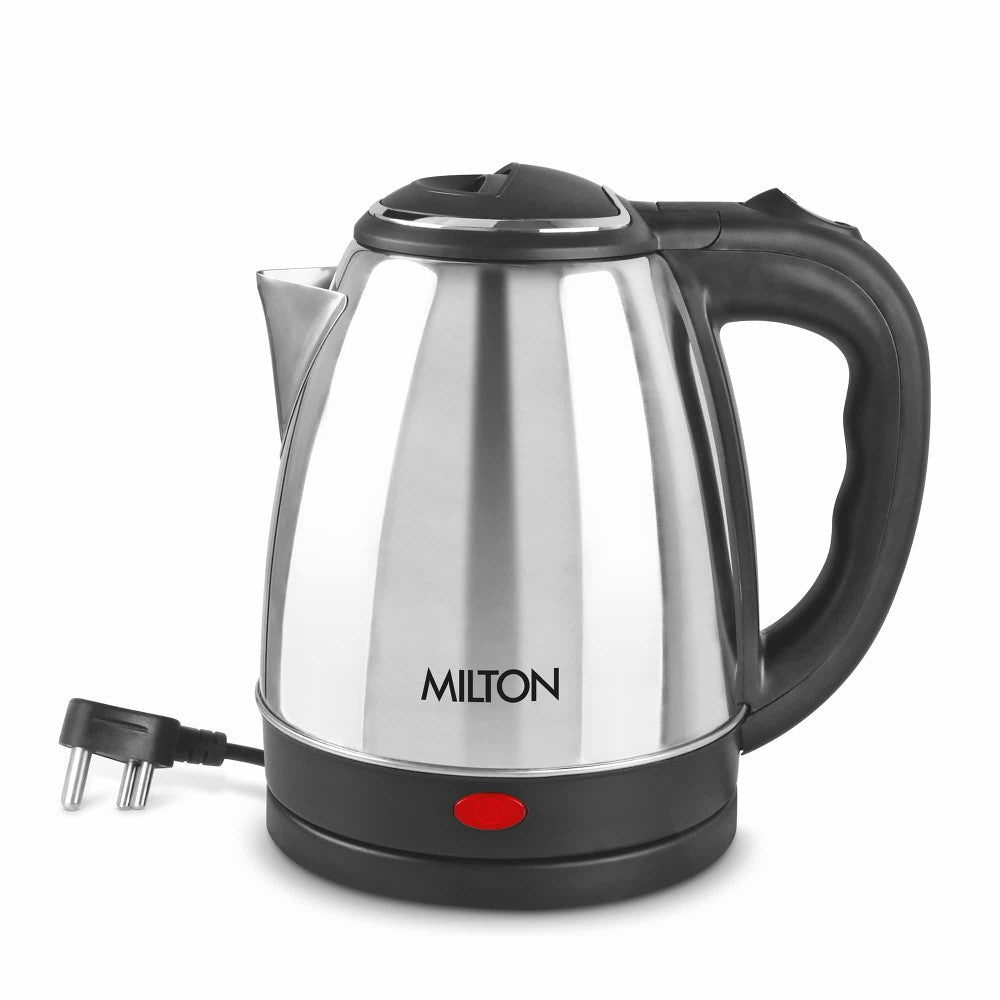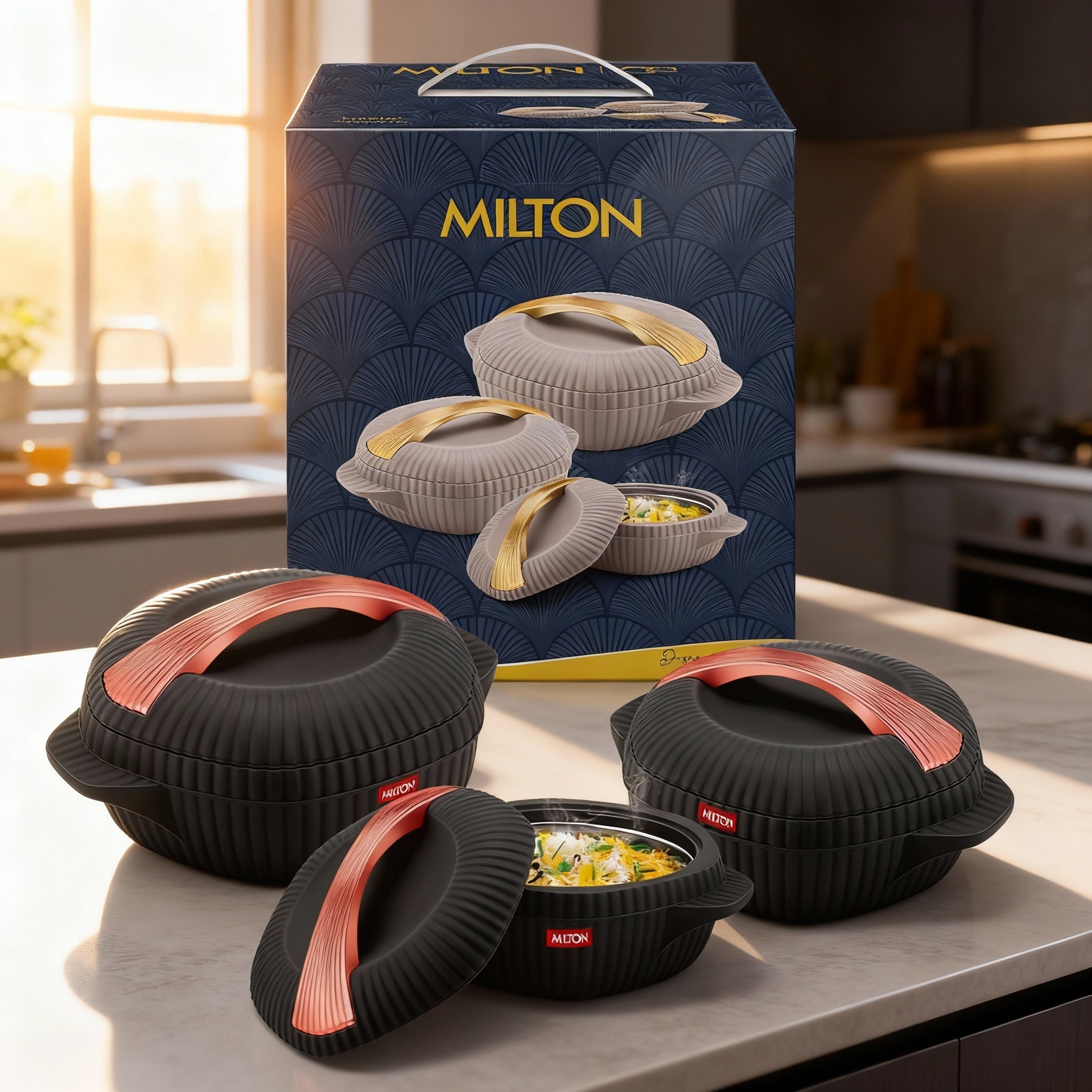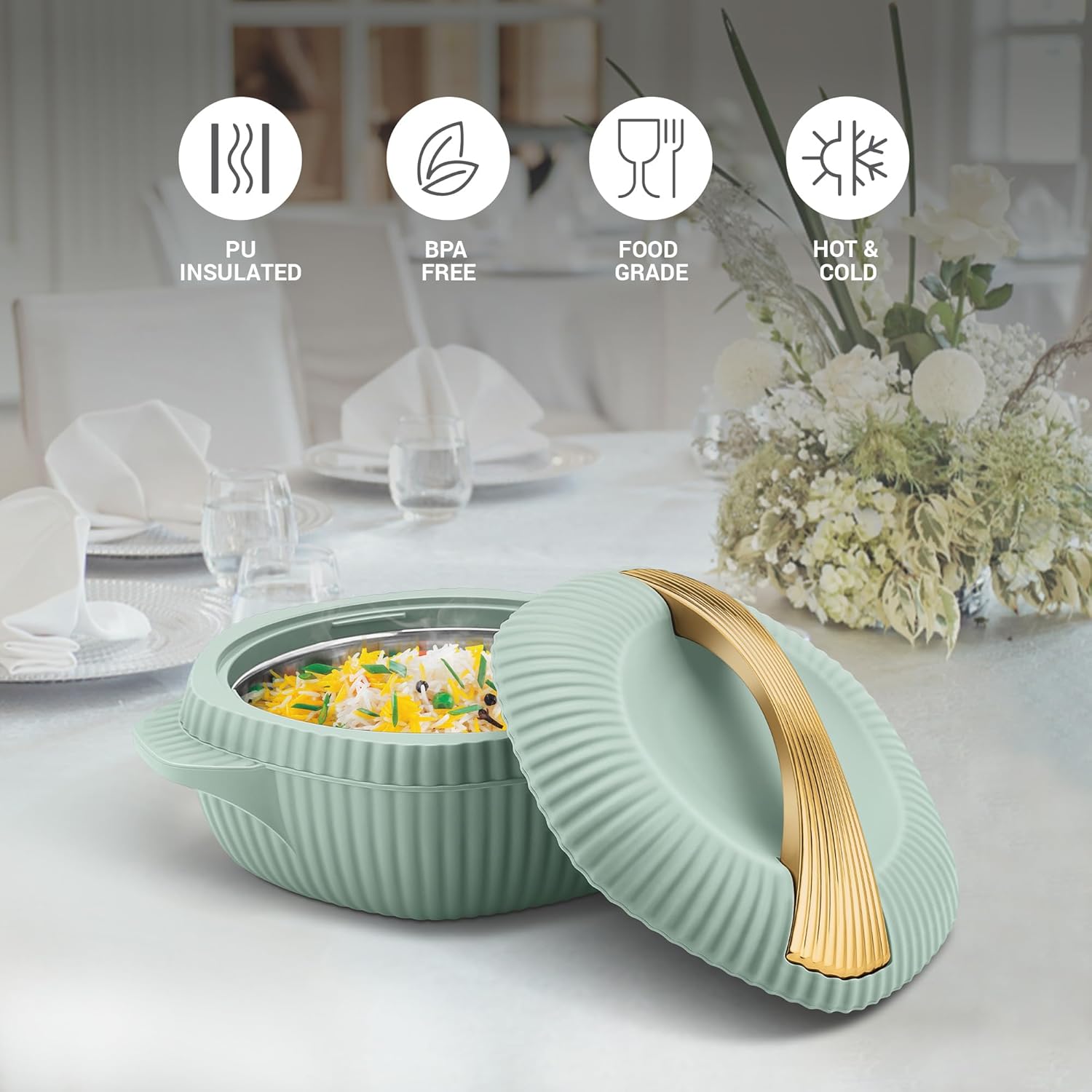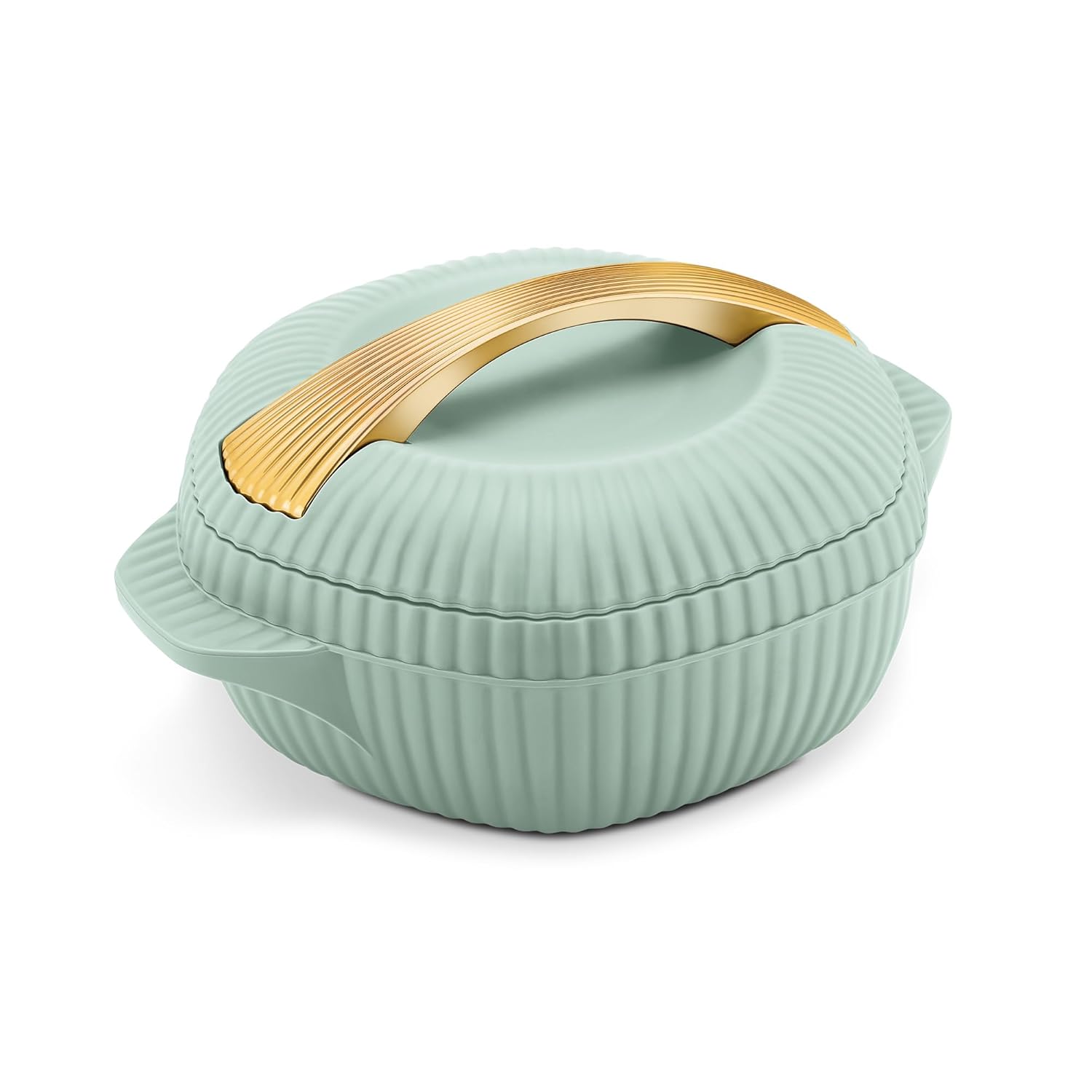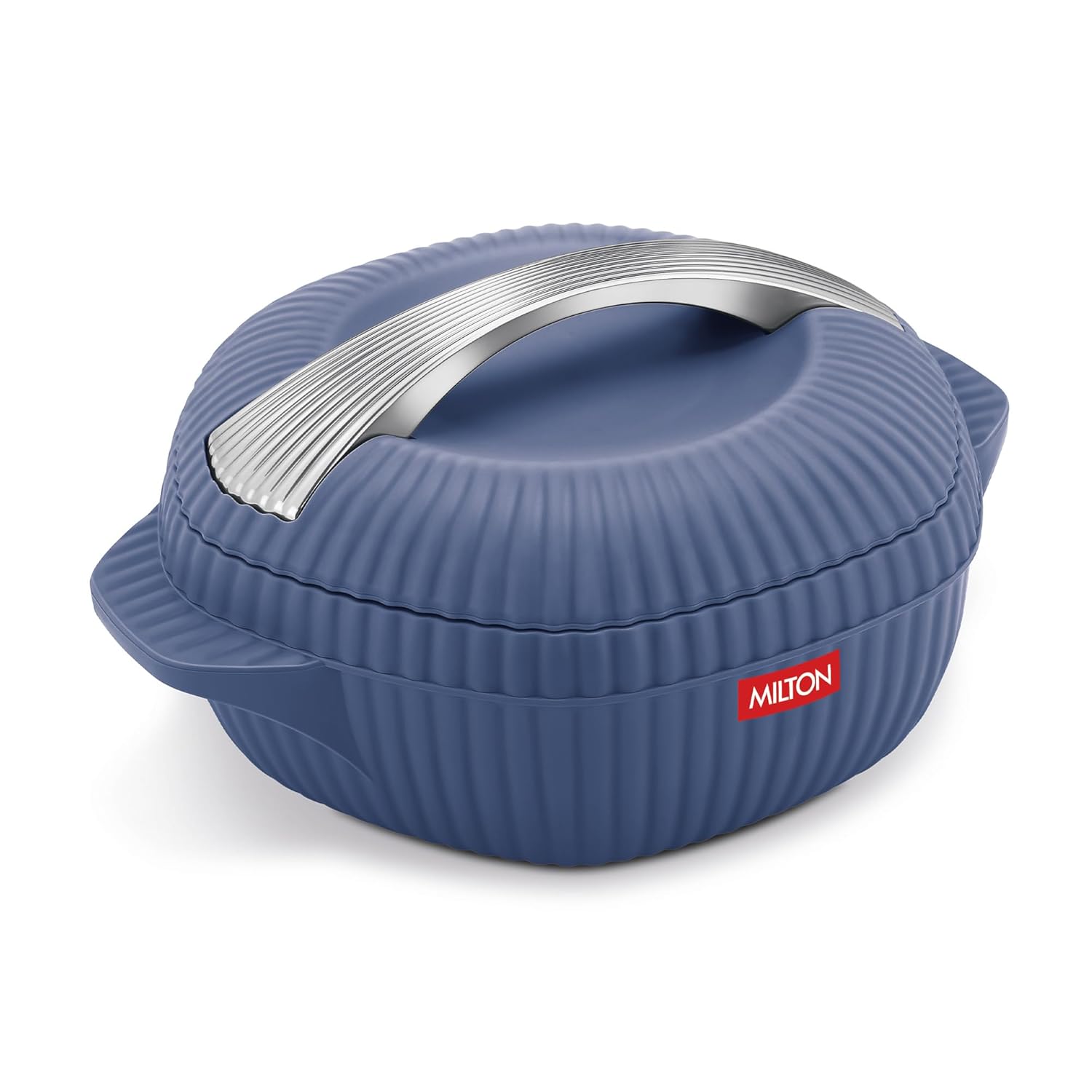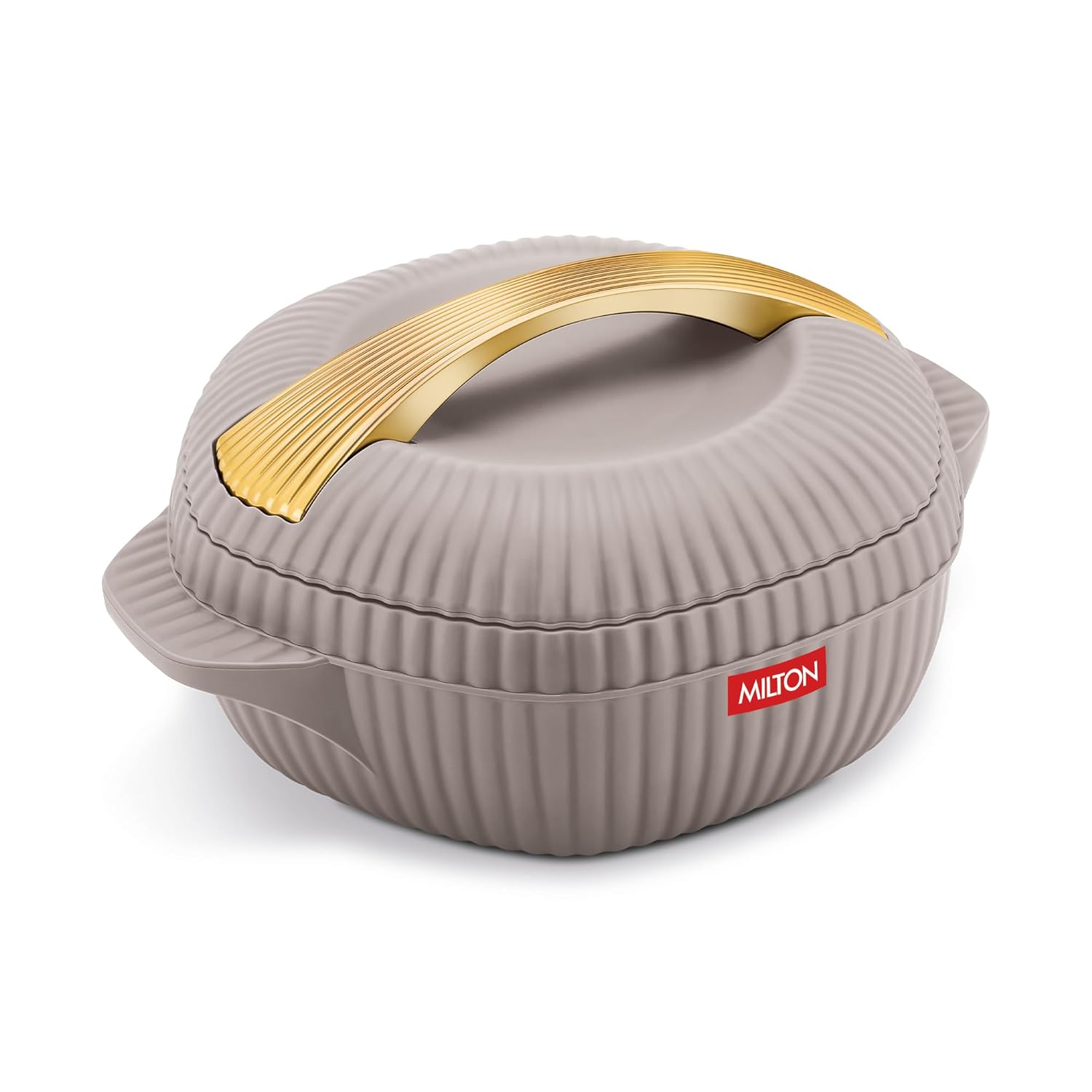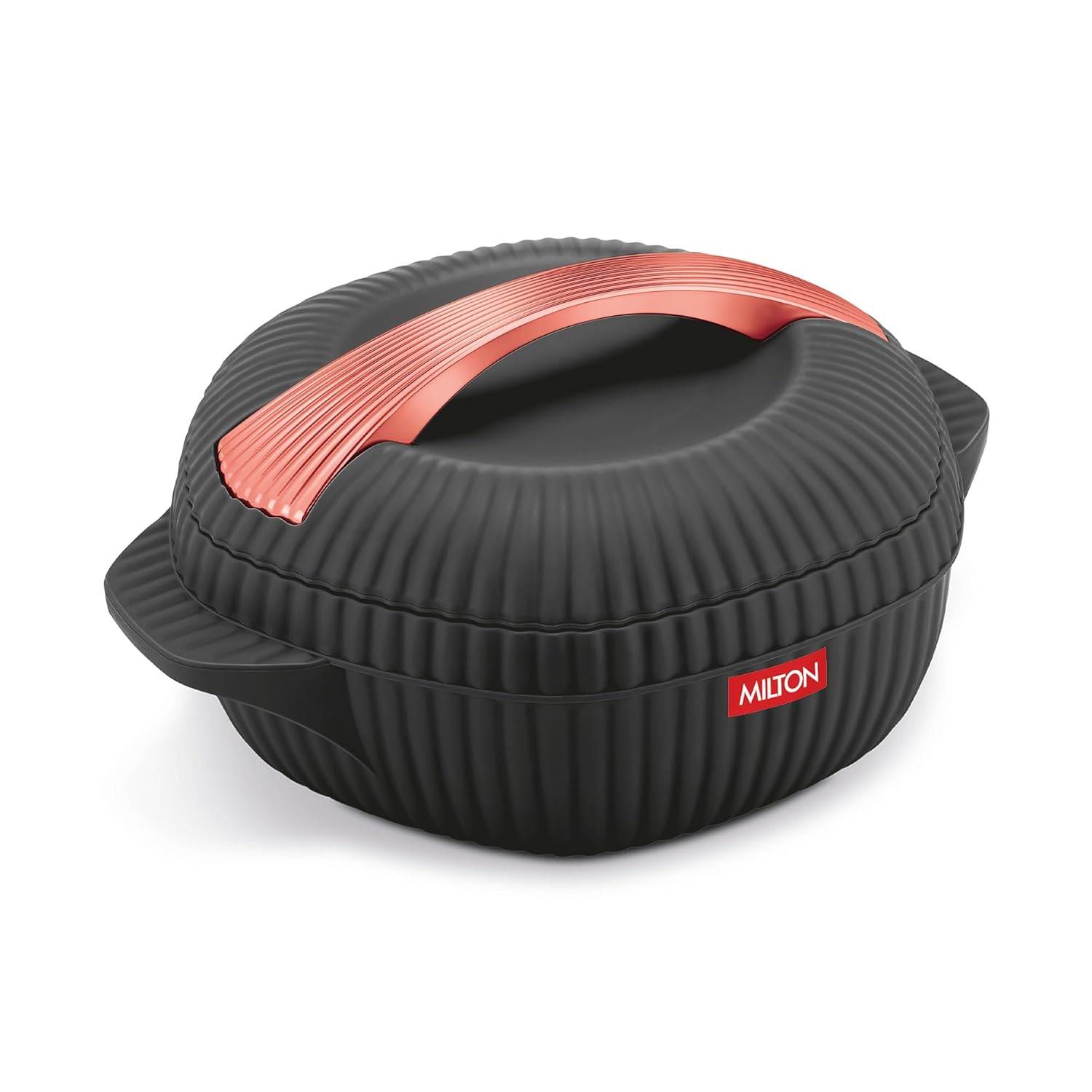Staying properly hydrated is key for our health and wellbeing. Yet, with busy schedules, it can be challenging to drink enough water each day. That's where having a reusable water bottle you love comes in handy. With a trusty bottle always by your side, sipping water becomes an effortless habit.
But with so many bottle types on the market, how do you choose the best water bottle for you? Should you go with glass for purity of taste? Stainless steel for durability? Or plastic for portability?
In this blog post, we'll compare the common water bottle materials - stainless steel, glass, and plastic, and determine which type of water bottle is good for health
Stainless Steel Water Bottles
Stainless steel water bottles have recently surged in popularity as a durable, safe, and eco-friendly option. Here are some of the reasons stainless steel makes a great water bottle material:
- Durability - Stainless steel bottles are practically indestructible. They can withstand bumps, drops, and other impacts without denting or breaking. With proper care, they can last for many years of regular use.
- Safety - Stainless steel is non-reactive, so water won't take on any metallic tastes like it could with some aluminum bottles. Quality stainless steel bottles are made with food-grade steel that won't leach chemicals into your drink.
- Environmentally friendly - As a lifelong reusable bottle, stainless steel is far better for the environment than disposable plastic water bottles. Stainless steel is also fully recyclable.
- Wide mouth options - Many stainless steel bottles come in wide mouth versions that can fit ice cubes and allow for easy cleaning.
Glass Water Bottles
For those concerned about potential chemicals from plastic or metal, glass water bottles provide a pure taste. Here are the pros and cons of using glass:
- Pure taste - Glass won't impart any flavours to your water, so you only taste the water. This makes it perfect for enjoying pure, clean-tasting water.
- Easy to clean - Glass bottles are simple to thoroughly wash with soap and water. You can see inside to know when it's clean.
- Environmentally friendly - Like stainless steel, glass is endlessly reusable and recyclable.
- Chemical free - Glass won't leach chemicals like some plastics, especially when exposed to heat or sunlight. This gives you peace of mind, and your water stays pure.
- Variety - Glass bottles come in a wide range of shapes, sizes, and designs. Compared to metals, it's easy to add colourful graphics and patterns to glass.
Plastic Water Bottles
Plastic water bottles are prized for their light weight, flexibility, and range of styles.:
- Lightweight - Plastic water bottles are often half the weight of glass or stainless steel, making them effortless to carry.
- Convenience - Disposable plastic water bottles are ubiquitous at convenience stores, vending machines, and events. Reusable plastic bottles are affordable and simple to replace.
- Portability - Small bottle openings and innovative leak-proof lids allow plastic bottles to be conveniently tossed in bags without spilling.
- Variety - Plastic bottles come in the widest range of sizes, shapes, and designs, tailored for many uses.
If you do choose plastic, look for bottles labeled BPA-free and phthalate-free. Avoid reusable bottles showing scratches, cracks, or cloudiness, as these increase chemical leaching risk.
So, Which Water Bottle is Good for Health?
There are excellent options when it comes to reusable water bottles these days. Let's explore some key differences between the main materials - stainless steel, glass, and plastic - to help determine the best fit.
Stainless steel bottles are known for their durability. The tough material can withstand plenty of wear and tear. Stainless steel also offers effective insulation to keep drinks cooler for longer on hot days. The metal construction is recyclable and more eco-friendly than plastic. One thing to note is that some people prefer to avoid metallic taste, so stainless steel may not be ideal for them.
Glass bottles let you easily monitor cleaning and offer a pure taste. The nonporous material won't retain flavours over time. Glass comes in a wide array of colours and designs too. On the other hand, glass weighs more than other materials, which could be a drawback for portability. Proper care is also required since glass can break if dropped.
Plastic bottles are recognized for their lightweight and flexibility. Their portability makes them great choices for sports, travel, and other active lifestyles. Plastic allows for innovative shapes and leakproof lid designs. Look for BPA-free plastic bottles to avoid potential health concerns.
At the end of the day, personal priorities and needs should drive your decision. There are situations where plastic, glass, or stainless steel bottles can each shine in their own way. Any reusable bottle is better for health and the environment than relying on disposable plastic.


